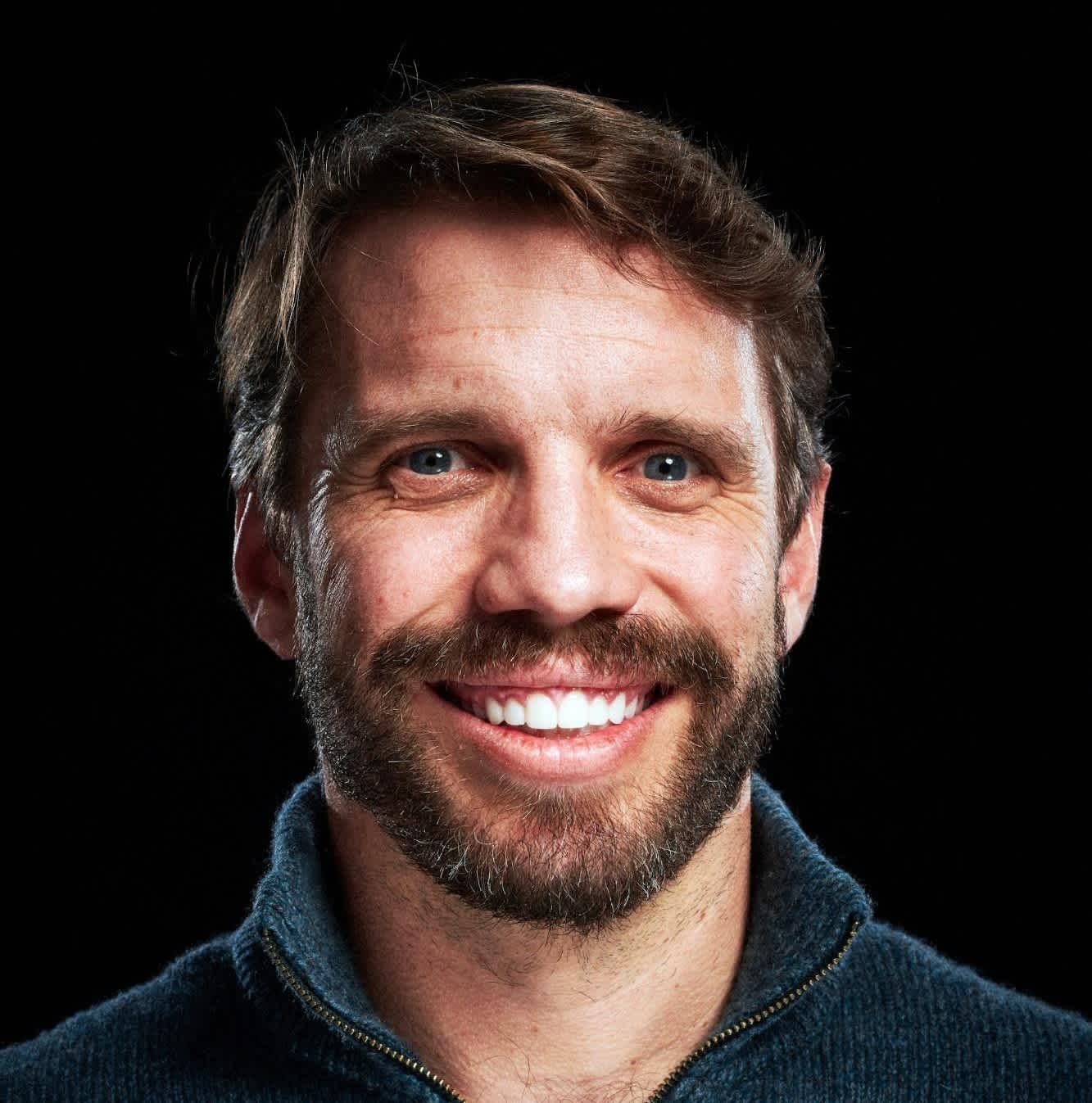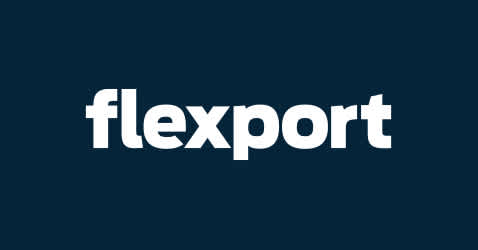
May 16, 2019
Culture Tops the List: Flexport Named to the 2019 CNBC Disruptor 50 and Inc.’s Best Workplaces
Culture Tops the List: Flexport Named to the 2019 CNBC Disruptor 50 and Inc.’s Best Workplaces
Flexport is thrilled to learn that we’ve been named to both the 2019 CNBC Disruptor 50, CNBC’s annual list of private companies transforming the economy, and Inc.’s Best Workplaces. We’re honored and humbled to be recognized alongside so many fantastic businesses.
Joining these lists reaffirms a few things for me. First, and most importantly, it speaks volumes about our people: Flexport has some of the most impressive people in the world. To our nearly 1,200 Flexporters worldwide, I can’t say enough how proud I am to work with all of you. I hope these recognitions fill you with pride; you’ve earned it.
There isn’t room in this blog to share my full appreciation to all of our teams, but it will come through in the commitments I’m making to create an environment where we can all do the best work of our lives.
Because culture is the most important competitive advantage we can build.
Investigating and Investing in Culture
Recently, The Loadstar’s Russell Wood posited that Flexport’s secret sauce for disruption, growth, and success isn’t our technology, but our culture – and that “this one ingredient counts for more than all the others combined.” I couldn’t agree more.
I’m proud of the culture we’ve built together. This week’s awards confirm once again that we have an incredible foundation for success. But we also have a long journey ahead of us and room for improvement in all directions.
That’s why, as we’ve continued to grow at hyperspeed, I spend a good portion of my time speaking with founders and senior leaders at some of the best run companies in the world. I’ve also spent time with many inspiring people at Flexport who have shared invaluable advice on what our culture means for them, and where we can add to and improve it.
All the leaders I admire share an obsession with building and nurturing their company cultures. And, while there isn’t a universally agreed upon definition for culture, I’ve found enough commonalities to create a framework that our teams can use to better define, nurture, transform and scale our culture. The pillars of my framework for great culture are purpose, talent, decision-making, prioritization, and community – all underpinned by world-class communications. In the weeks and months to come, I’ll be writing more about this framework, and begin the hard work of using it to continue to improve what is already our main strength as a company.
While there’s much work to be done, our own employee survey tells me we’re hitting the mark in several of these cultural pillars; in fact, 75% of employees say the Flexport culture is one in which they can thrive. For example, we are:
- Recruiting and empowering top talent, from entry level to recent executive hires in the critical areas of data and information security and beyond. And we are actively developing that talent from Day 1 with Flexport Academy, our ongoing speaker series, and by promoting opportunities for internal job mobility. In fact, over 250 employees changed roles in 2018 – including over 60 employees moving across the world as we expanded into new cities and countries. We will be making major investments in learning and development, including a manager training program to match the quality on-boarding experience we’ve created for all new joiners through Flexport Academy.
- Maintaining and evolving our culture of collaboration and transparency as it relates to corporate decision making. For example, we have a dedicated channel on Slack that allows any employee to ask our executive team questions. And we guarantee a public response within one week. We also encourage challenging questions at our monthly all-hands. We can go further though to clarify the process by which team members surface issues, debate solutions, and make decisions. We also need to do better to highlight and explain key decisions being made in the company, so that every Flexport employee has the right amount of context to excel in their role.
- Encouraging employees to give back to their communities through paid volunteer hours facilitated through Flexport.org, our disaster response and humanitarian relief logistics arm. We recently committed to hiring a dedicated Flexport.org product development team to build software solutions for some of the world’s biggest problems. To encourage civic engagement with our teams, we hold regular volunteer events across our offices, including a global Volunteer Week we’re launching in June. At the same time, we’ve made a commitment to make all of our disaster relief shipments carbon neutral, so that we can do more good and do less harm to the environment in the process. We want our efforts to give back to the community to drive a sense of purpose that goes even beyond our core mission of making global trade easier for everyone – and to leave no question that we are a company committed to doing the right thing.
Increasing Our Commitment to Culture
To create their list of Best Workplaces, Inc. surveyed our employees directly, and audited the benefits we provide. Obviously, I’m extremely proud and encouraged that these assessments deemed us worthy of recognition. But there’s still so much we can improve upon. Our recent biannual employee satisfaction survey is an even better tool, which gives us a more granular understanding of our strengths and weaknesses. And the data is pretty clear that we still have a long way to go.
The more we grow, the more critical programs and processes that support culture become. That’s why Flexport’s leadership and I are committing to:
- Being a truly purpose-driven company. More than just guiding principles, we will refresh our values to play a central role in our behaviors: how we hire, recognize talent, make decisions, and empower all of our clients, teammates and other stakeholders.
- Continuing to clarify our strategy. We will implement clearer frameworks for surfacing issues, debating solutions and making decisions. And we’ll do a better job following up to make sure decisions are getting made and acted on. We also need to make our meetings more efficient and valuable. And we’ll invest in communications processes and tools to keep everyone informed about what is happening in key areas of the business – from our all-hands meetings to our Ask the Executive Team Slack channel to launching our new internal community platform.
- Vigorously promoting and enhancing diversity and inclusion. Our survey shows that while nearly 80% of our employees feel like they belong at Flexport, a lower and declining number believe we are building diverse teams. For example, 44% of Flexport employees identify as female – a remarkable number when compared to other companies in the freight and logistics industry, but still short of where we could be. For Flexport to succeed, we must deliver on our commitment to a workplace where everyone feels welcomed, recognized and empowered. And we are doing so in several ways, including an ongoing D&I assessment and improvement program and broad support for employee resource groups across our organization, such as Pride Alliance, Black Organization for Leadership and Diversity (BOLD) and Freight Femmes (empowering femme/trans/women).
I won’t be the first (or the last) to agree that “Culture eats strategy for breakfast.” It’s important to remember that culture has an insatiable appetite. We’ve got to continually feed, nurture, and transform it if we want our culture to keep giving us an edge as we scale.




